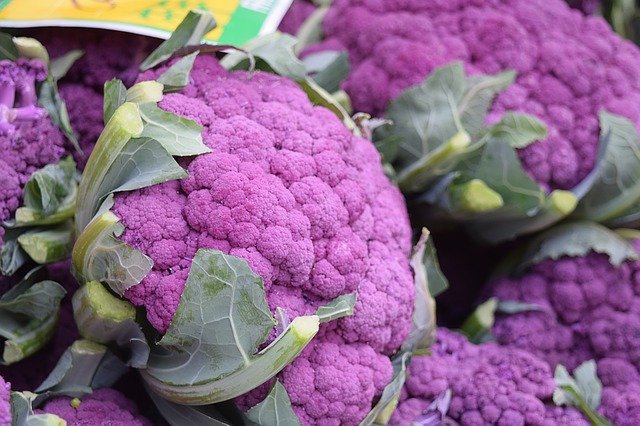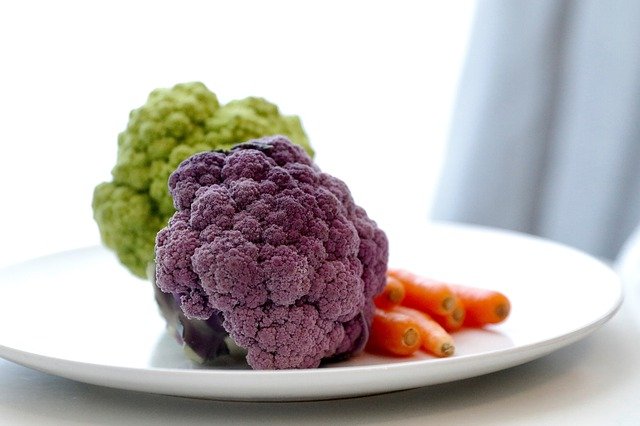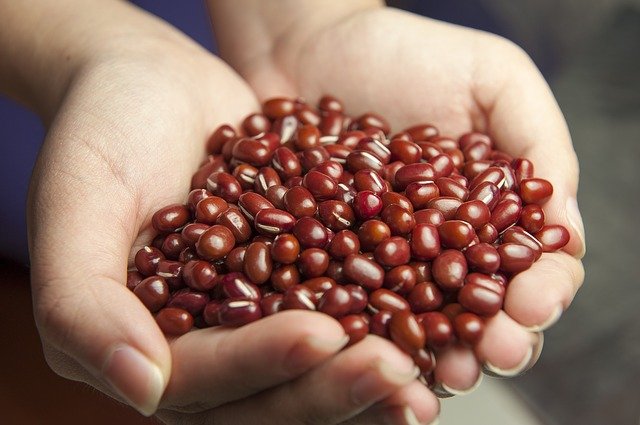Healthy food choices have a lot of physical and mental health benefits, says famous business strategist and result coach Hirav Shah.
In the hustle and bustle of modern life, finding joy in our daily routine can often start with the food we eat. Making mindful and healthy food choices not only contributes to physical well-being but can also have a positive impact on our mood and overall happiness. Here’s a guide to incorporating happiness-inducing foods into your die
To provide more comprehensive information regarding healthy food choices, Hirav Shah suggests a few best and must be followed consumption categories.
Table of Contents
Good food selections that make you happy
1. Oysters
Being aphrodisiacs, Oysters are rich in vitamin B12 which helps to protect the brain cells as a shield.
Oysters also contain zinc and a whopping amount of omega-3 fatty acids which help the boosting source for the brain. Due to the packed healthy ingredients in Oysters, it helps the brain to think and make decisions on a quick note.
2. Blue Potatoes
The skin of Blue Potatoes contains vitamin C which has a lot of iodine and helps to protect the human brain’s fat.
The C vitamin in the skin of Blue Potatoes helps to smooth thyroid function in the body, says Hirav Shah.
If Blue Potatoes are taken on a regular basis, it generates healthy carbs and due to proper thyroid function, one can keep a check to weight gain issues, clarifies Hirav Shah.
3. Anchovies
Being a rich source of DHA ( Docosahexaenoic acid)which supplies required omega-3 fat to the brain, Anchovies helps the brain to release hormones that will effectively fight against harmful inflammation.
Anchovies also help to protect brain cells during tense situations and bail out from stress-related issues.
One can consume less quantity of Anchovies too by using them as a drizzle on salads, says Hirav Shah.
4. Purple Cauliflower
Neurotransmitters like serotonin and dopamine will be produced from Blue Cauliflower which helps to keep the brain and body maintain normal condition.
Filled with full of vitamin B6 and folate, Blue Cauliflower even improves the sex-drive, develops memory power in the body, says business Astrologer Hirav Shah.
Blue Cauliflower helps to increase the serotonin contained in the depressed patients and the purple color helps to reduce inflammation in the brain structure.
5. Red Beans
According to Hirav Shah’s study, Red Beans are rich in antioxidant food. In fact, the antioxidant level in Red Beans is much higher than blueberries.
The neurotransmitters and amino acids in Red Beans release protein content required for the body.
Iron deficiency and brain disorder problems in the body can be sorted out by the intake of Red Beans.
6. Beets
Due to the presence of betaine in Beets, the neurotransmitters in the body will maintain an equal balance.
Packed with magnesium and uridine substance, Beets helps to repair the digestive system of the body.
7. Sweet Potatoes
Compared to carrots, Sweet Potatoes have more beta-carotene substance due to which the risk of dementia can be reduced.
Adding to it, the presence of BY vitamin in Sweet Potatoes helps to reduce mood disorders in humans, says Hirav Shah
8. Full-fat yoghurt
If you have a Greek yoghurt appetite, here comes something fascinating for you from Hirav Shah.
According to his study, yoghurt helps as a healthy dose of probiotics and also shown to reduce the anxiety levels in the body.
You can also intake the low-fat version of yoghurt which acts as healthy brain boosters which are usually produced from grass-fed sources, says Hirav Shah.
Healthy Food Choices for Happiness and Productivity

Choosing healthy foods can have a direct impact on both your happiness and productivity. These foods are rich in nutrients that support brain function, balance blood sugar levels, and boost mood. Here’s a breakdown of key food groups that can enhance both happiness and productivity:
1. Complex Carbohydrates
Complex carbs release energy slowly and help maintain stable blood sugar levels. This can prevent energy crashes and support cognitive function throughout the day.
- Examples: Oats, quinoa, sweet potatoes, brown rice, whole wheat bread.
- Nutritional Benefit: They contain fiber, which helps regulate energy levels and mood.
2. Protein-Rich Foods
Protein is essential for brain function and helps build neurotransmitters that regulate mood and focus.
- Examples: Eggs, lean chicken, fish, legumes, tofu, nuts.
- Nutritional Benefit: Protein-rich foods contain amino acids, which are crucial for the production of serotonin, the “feel-good” neurotransmitter.
3. Healthy Fats
Healthy fats are important for brain health and mood regulation. Omega-3 fatty acids, in particular, have been linked to improved brain function and lower levels of depression.
- Examples: Avocados, olive oil, fatty fish (like salmon), nuts, seeds.
- Nutritional Benefit: Omega-3 fatty acids in these foods can improve mood and cognitive function, reducing feelings of mental fatigue.
4. Fruits and Vegetables
Rich in vitamins, minerals, and antioxidants, fruits and vegetables support overall health and enhance brain function. They also contribute to mental clarity and reduce inflammation.
- Examples: Leafy greens, berries, oranges, bananas, bell peppers, carrots, broccoli.
- Nutritional Benefit: High levels of vitamin C, antioxidants, and magnesium from these foods support immune function, reduce stress, and increase energy levels.
5. Hydration
Drinking enough water is crucial for mental clarity, energy, and mood regulation. Dehydration can impair cognitive function and lead to irritability.
- Recommendation: Aim for at least 8 glasses of water per day, or more if you’re physically active.
Calculations to Determine Ideal Food Choices for You (Using Result Coach Method)
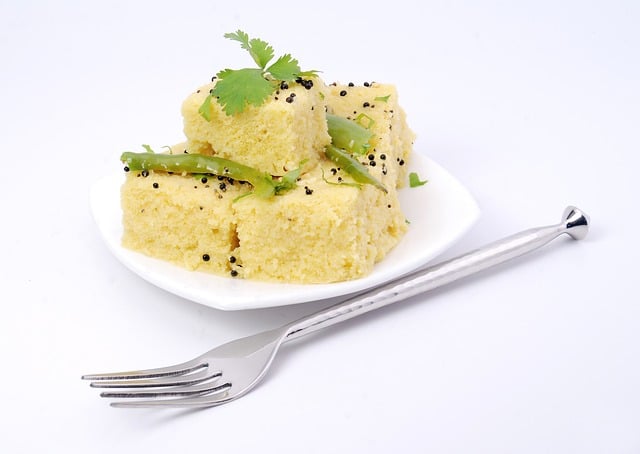
To make informed decisions about your diet, we can use a hypothetical approach based on general recommendations for macronutrient distribution and caloric intake. The following is a basic calculation framework:
- Calculate Basal Metabolic Rate (BMR)
BMR represents the number of calories your body needs at rest. Use the Mifflin-St Jeor equation:For men:BMR=10×weight (kg)+6.25×height (cm)−5×age (years)+5BMR = 10 \times \text{weight (kg)} + 6.25 \times \text{height (cm)} – 5 \times \text{age (years)} + 5For women:BMR=10×weight (kg)+6.25×height (cm)−5×age (years)−161BMR = 10 \times \text{weight (kg)} + 6.25 \times \text{height (cm)} – 5 \times \text{age (years)} – 161 - Total Daily Energy Expenditure (TDEE)
TDEE takes into account activity level:- Sedentary (little or no exercise): BMR × 1.2
- Lightly active (light exercise/sports 1-3 days/week): BMR × 1.375
- Moderately active (moderate exercise/sports 3-5 days/week): BMR × 1.55
- Very active (hard exercise/sports 6-7 days a week): BMR × 1.725
- Super active (very hard exercise & physical job or training twice a day): BMR × 1.9
- Macronutrient Distribution
Once you’ve calculated your TDEE, the macronutrient distribution should ideally be:- Protein: 15-25% of daily calories.
- Carbs: 45-65% of daily calories.
- Fats: 20-35% of daily calories.
Example Calculation:
If your TDEE is 2,000 calories:- Protein: 20% of 2,000 = 400 calories from protein (100g protein).
- Carbs: 50% of 2,000 = 1,000 calories from carbs (250g carbs).
- Fats: 30% of 2,000 = 600 calories from fats (67g fats).
FAQs on Healthy Food Choices for Happiness and Productivity answered by Hirav Shah

1. What are the best foods to boost my mood?
- Foods high in omega-3s (e.g., salmon, walnuts), complex carbs (e.g., oats, sweet potatoes), and vitamin-rich vegetables (e.g., leafy greens, citrus fruits) help support mood stability. A balanced diet that includes these nutrients promotes the production of neurotransmitters like serotonin, which enhances mood.
2. How can I stay productive with the right food choices?
- Focus on meals that provide sustained energy. Include complex carbs, lean proteins, and healthy fats in each meal. Avoid high-sugar snacks that can cause energy crashes. Drinking water throughout the day also helps maintain focus and mental clarity.
3. Can eating healthy actually make me feel happier?
- Yes, eating a nutrient-rich diet helps regulate brain function and balance hormones like serotonin and dopamine, which are linked to happiness and emotional well-being. Foods like nuts, seeds, and avocados provide healthy fats, which support brain health and mood.
4. How much water should I drink to stay energized?
- Aim for 8 glasses (64 oz) of water a day, but adjust based on activity level. If you’re physically active or in a hot climate, you may need more. Dehydration can lead to fatigue, headaches, and decreased mental clarity.
5. What foods should I avoid to stay productive and happy?
- Minimize processed foods, refined sugars, and excessive caffeine, as they can lead to energy crashes, irritability, and mood swings. These foods can cause fluctuations in blood sugar, negatively impacting focus and overall well-being.
6. Is there a specific diet that supports mental clarity and productivity?
- A Mediterranean diet, rich in fruits, vegetables, whole grains, lean proteins (like fish), and healthy fats, has been shown to support brain health and cognitive function. It also promotes heart health, which is important for overall energy and productivity.
7. How long does it take to feel the benefits of eating a healthy diet?
- You may start noticing improvements in your mood, energy, and productivity within a few days to a week of making healthier food choices. However, sustained improvements in cognitive function and mental well-being can take several weeks.
By incorporating these healthy food choices into your routine, you can promote happiness, boost productivity, and enhance overall well-being.
Final Word
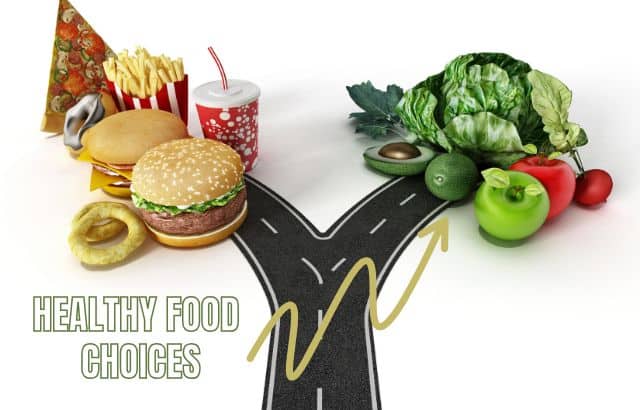
In summary, adopting healthy food choices not only positively impacts physical health but also contributes to a happier and more balanced life. By nourishing your body with nutrient-dense foods, you take a proactive step towards overall well-being and happiness.
Business strategist, Hirav Shah, supports these principles, suggesting that incorporating these healthy habits can lead to a happy and joyful life. According to Shah, expertise in the kitchen is not necessary; one can build a healthier life by simply opting for the healthiest foods available. He emphasizes the accessibility of simple ingredients from local stores or farmer’s markets, stating that fresh fruits and vegetables, as well as frozen and canned alternatives, are all viable options. In essence, making healthier food choices is a straightforward yet impactful way to enhance your quality of life.





